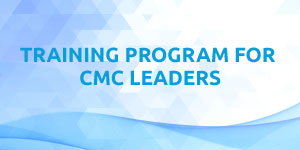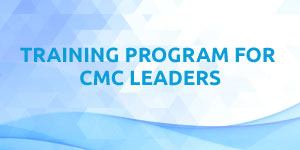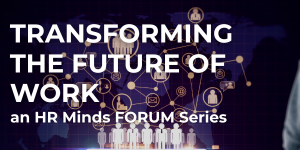Free knowledge to monitor the world of events. Have a look at our must read Blogs on Pharma, Finance, HR, Health and Cross Industry.
On the Corona Crisis (… of course, what else) – Part 2
2020-04-02
Presumed impact of collective experience Thread on safety culture at the workplaces
Can you see the resemblance with a concept, OSH managers are familiar with? Yes, it is the whole thing with the Safety Culture. The way we do things here is the safe way. And we could continue: We wear mouth masks, and we do it not because someone gave us the order to do so, but because we think it is an excellent way to keep ourselves safe. My mask is protecting you, and your mask is protecting me.
Until recently, the safety culture implementation had to face the obstacle that most of the employees never really met a serious thread – the feeling their life is endangered. And when you consider a thread to be an abstract idea with no real content, same you think about the safety. Safety does not have a real value then and the acceptance of the culture based on enforcing safety isn’t as high as managers would like it to be. Now there’s a good chance for a change because, after this experience, something new will remain in people’s minds. It will bet his filling of yet abstract idea to make it concrete. And because of that, people will more actively start to seek safety. They will simply have a stronger tendency to choose everything that can protect them because now they have the first-hand experience of their vulnerability. This is why we may hope for the increase of safety culture and safety thinking among the employees.
Increased will to participate in safety issues
From now on, for the same reason, we can also expect that the employees will participate more in the evacuation, fire safety, and other drills. These practices will now be looked at more seriously. Employees will still consider them bothering; they will be more willing to do them because when asked to participate, on the back of their minds will now be the experience from March and April days of 2020 when they got to know what it means to face a thread, for which they weren’t prepared.
The safety meetings, so laughed at in the pre-corona days, will be attended even by persons high in the organizations’ hierarchies, who used to excuse 5 minutes before the meeting should have taken place.
Increase of workplace hygiene
I think the situation will also have a significant impact on hygiene in the workplace. Because of the corona crisis, people were motivated to develop the hygienic routines, and I don’t think they will drop them when things get back to (relative) normal.
Better emergency plans
At last, our ability for emergency planning will improve because of this experience. We will have a better idea of what does it mean to maintain business continuity in the aggravated conditions. Retrospectively we will be able to use our knowledge of what worked and what did not.
***
In several weeks (hopefully), we will be back in our typical lives, one limited experience richer. Of course, better would be not to have such experience at all, but once we do, we have to try to figure out how it can be beneficial for us. I dare to predict that safety, not only at the workplace but also in our civilian lives, will be taken more seriously after this is behind us.
By Ondřej Vraný. He is the Editor-in-Chief at BOZPprofi.cz with more than 10 years of editorial experience in HSE.
Get a feel for our events

Training Program for CMC Leaders - EU edition
14th September 2026 - 09th April 2027
Rich with practical insights and real-world applications
learn more >>
Training Program for CMC Leaders - US edition
14th September 2026 - 09th April 2027
Rich with practical insights and real-world applications
learn more >>
Advanced Stability Testing of Pharmaceuticals MasterClass - US edition
24-27 February, 2026
Increase the likelihood of studies receiving regulatory approval
learn more >>











